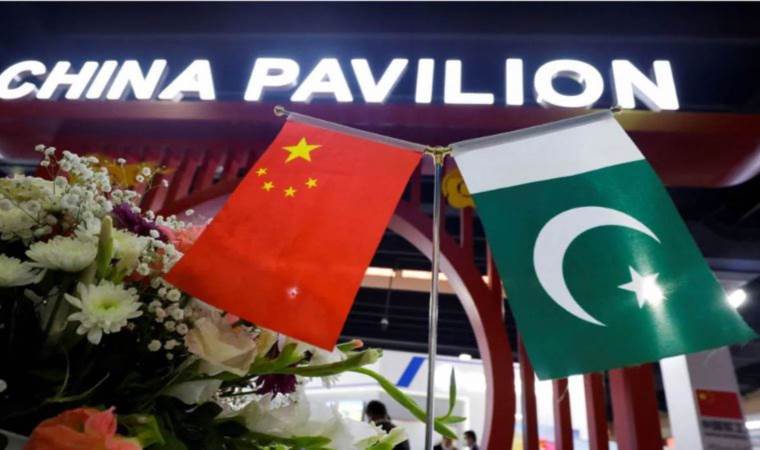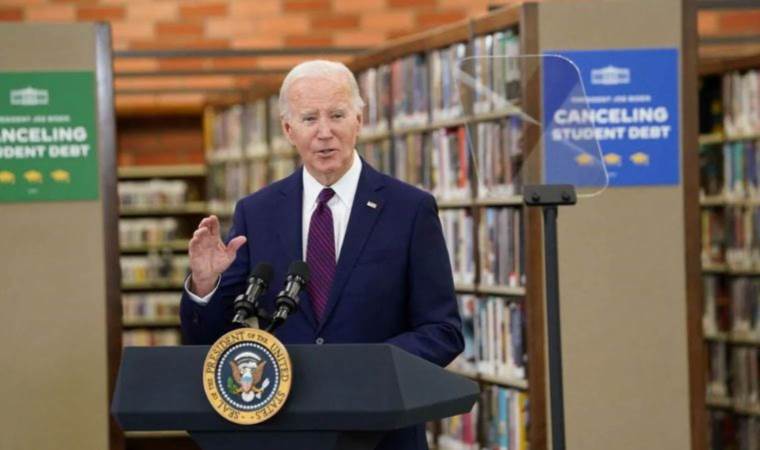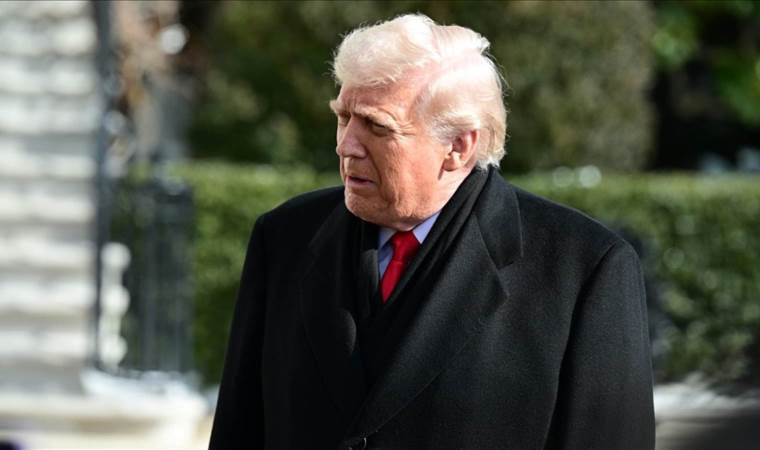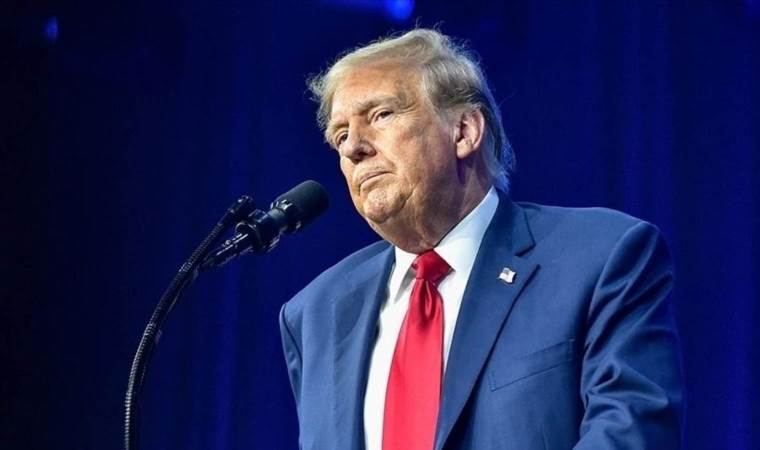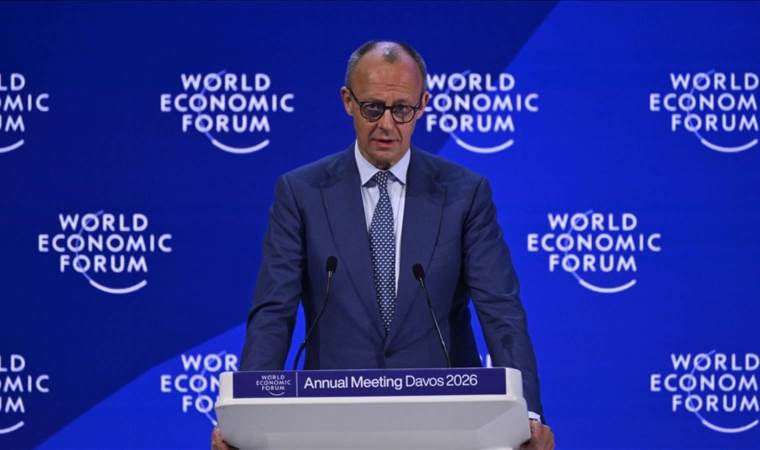China targets ambitious 5% growth amid economic transformation
Chinese Premier Li Qiang has unveiled an ambitious goal for China's economic growth at around 5% for 2024, aiming to revamp the development model in the face of challenges posed by failing property developers and cities burdened with debt.
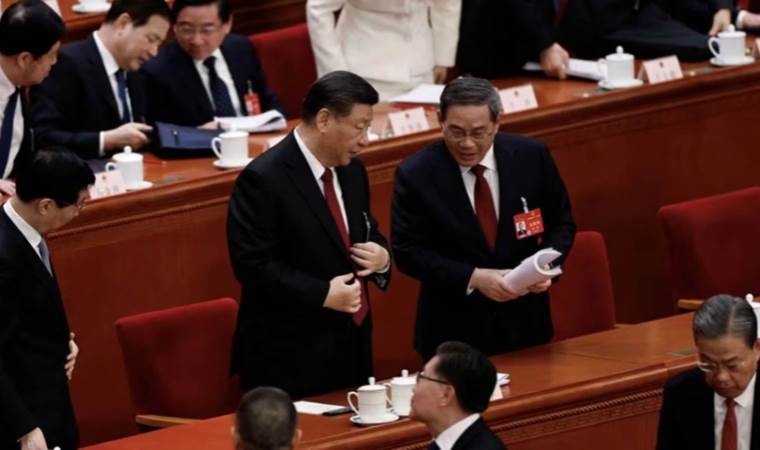
Speaking at the National People's Congress, Li pledged to implement significant policy shifts to support growth and announced a bolstering of defense spending and a firmer approach towards Taiwan. This target mirrors last year’s objective but with the post-COVID recovery momentum slowing, the task is daunting. Beijing’s focus remains on growth, with analysts noting the heightened difficulty of achieving this year's target due to a higher base effect from the previous year's performance.
China's economy faces pressing structural imbalances, as last year’s growth revealed issues like weak household consumption and diminishing investment returns. Early 2024 saw financial turbulence and deflation, highlighting the urgency for policy reform amidst ongoing real estate and local government debt crises. Li’s speech emphasized the necessity of evolving the growth model and structural adjustments without specifying a timeline for these changes. Stability is touted as foundational, with Li admitting that meeting the growth target would be challenging, necessitating a "proactive" fiscal and "prudent" monetary stance. Meanwhile, the International Monetary Fund forecasts a slight dip in China’s growth, projecting a descent to 4.6% in 2024 and further to 3.5% by 2028.
In response to demographic challenges and a need for economic revitalization, China has outlined a moderate stimulus plan, aiming for a 3% budget deficit of GDP and issuing 1 trillion yuan in special treasury bonds. Defense spending is set to rise by 7.2% in a move closely watched by international observers, especially given the omitted mentions of "peaceful reunification" with Taiwan in Li's report. Additionally, the government pledges support for the beleaguered property sector and aims to bolster tech innovation and manufacturing, lifting foreign investment restrictions in the process. Critics, however, caution that an excessive focus on manufacturing could worsen industrial overcapacity and exacerbate trade tensions, underscoring the shift towards altering the growth model as China seeks to navigate its complex economic landscape.
Most Read News
-
 Cuba open to dialogue with US but rules out talks on con
Cuba open to dialogue with US but rules out talks on con
-
 Global Sumud aid flotilla to set sail again for war-torn
Global Sumud aid flotilla to set sail again for war-torn
-
 Trump says fatal Minneapolis shootings may lead to ‘soft
Trump says fatal Minneapolis shootings may lead to ‘soft
-
 America’s support for ICE and Trump immigration policies
America’s support for ICE and Trump immigration policies
-
 Greek premier to visit Türkiye for 6th high-level cooper
Greek premier to visit Türkiye for 6th high-level cooper
-
 US judge blocks warrantless immigration arrests in Orego
US judge blocks warrantless immigration arrests in Orego
-
 Germany’s Merz calls on Iran to halt nuclear program, wa
Germany’s Merz calls on Iran to halt nuclear program, wa
-
 Witkoff says Russia and Ukraine agree to exchange 314 pr
Witkoff says Russia and Ukraine agree to exchange 314 pr
